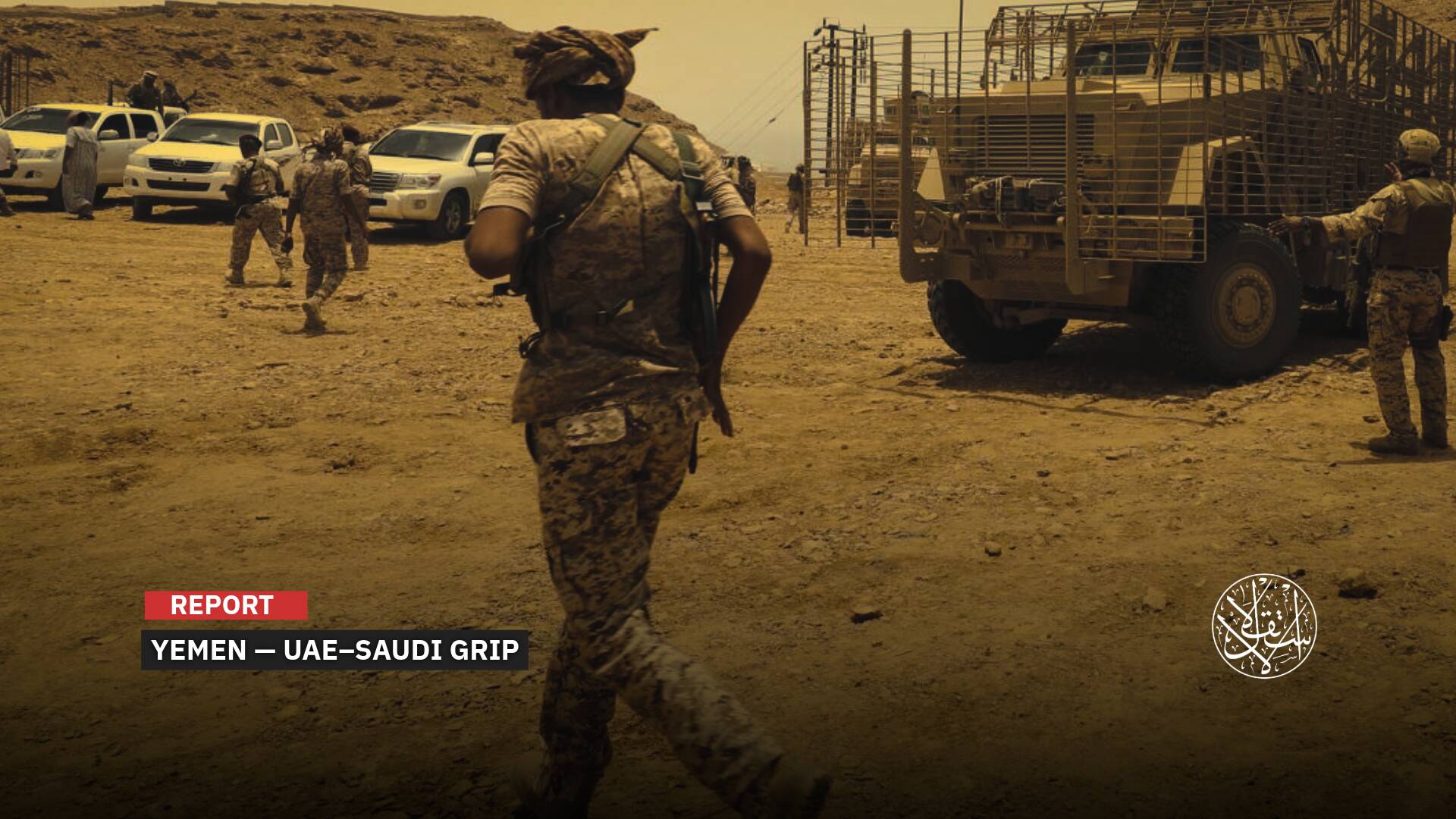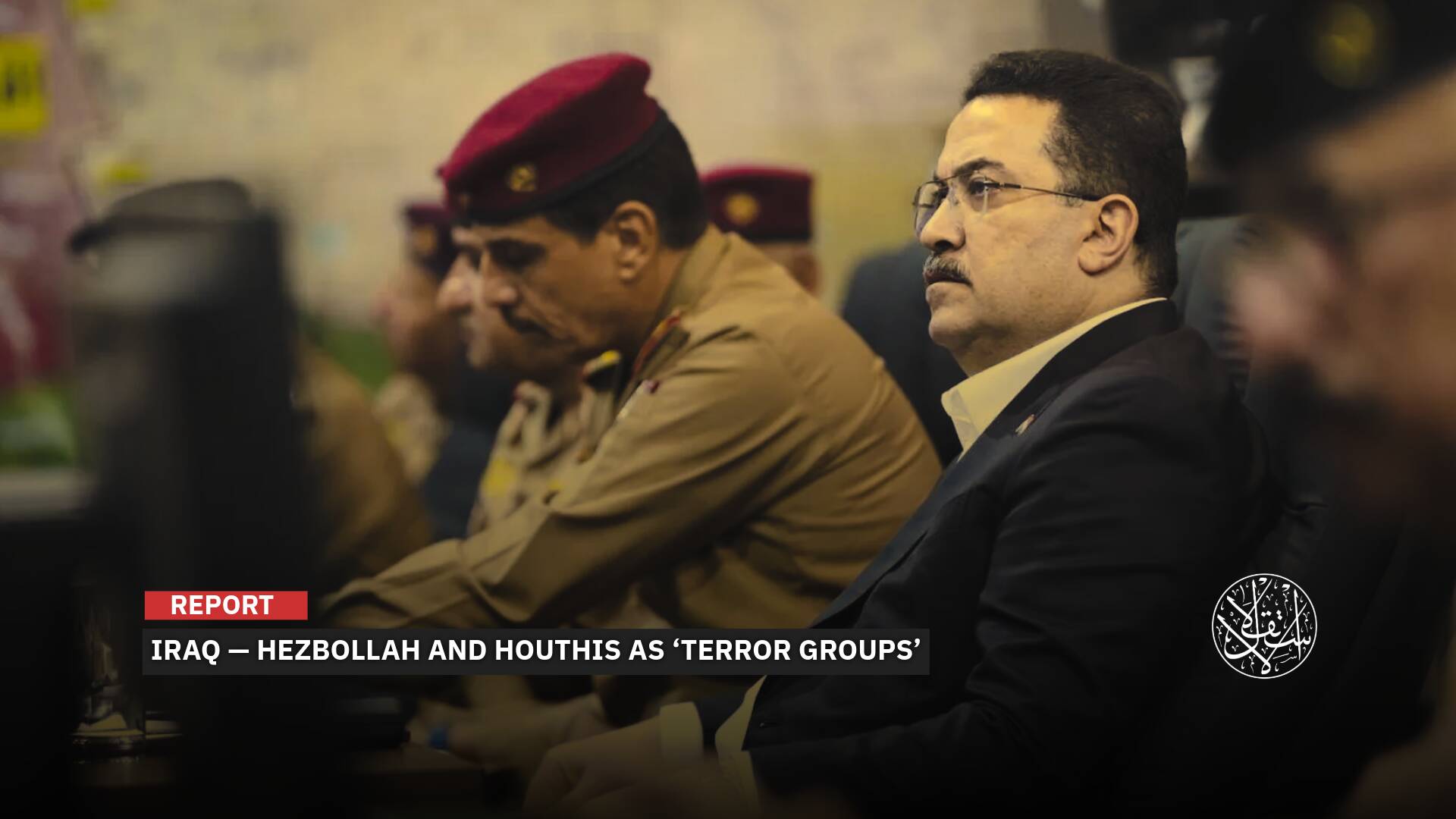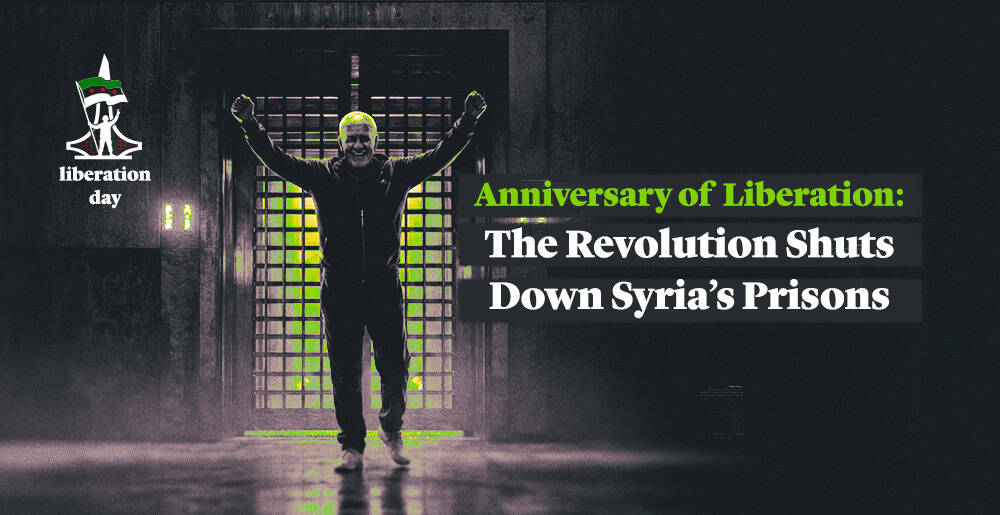Zarif or Lavrov: Who’s to Blame for the Snapback Clause in the Nuclear Deal?
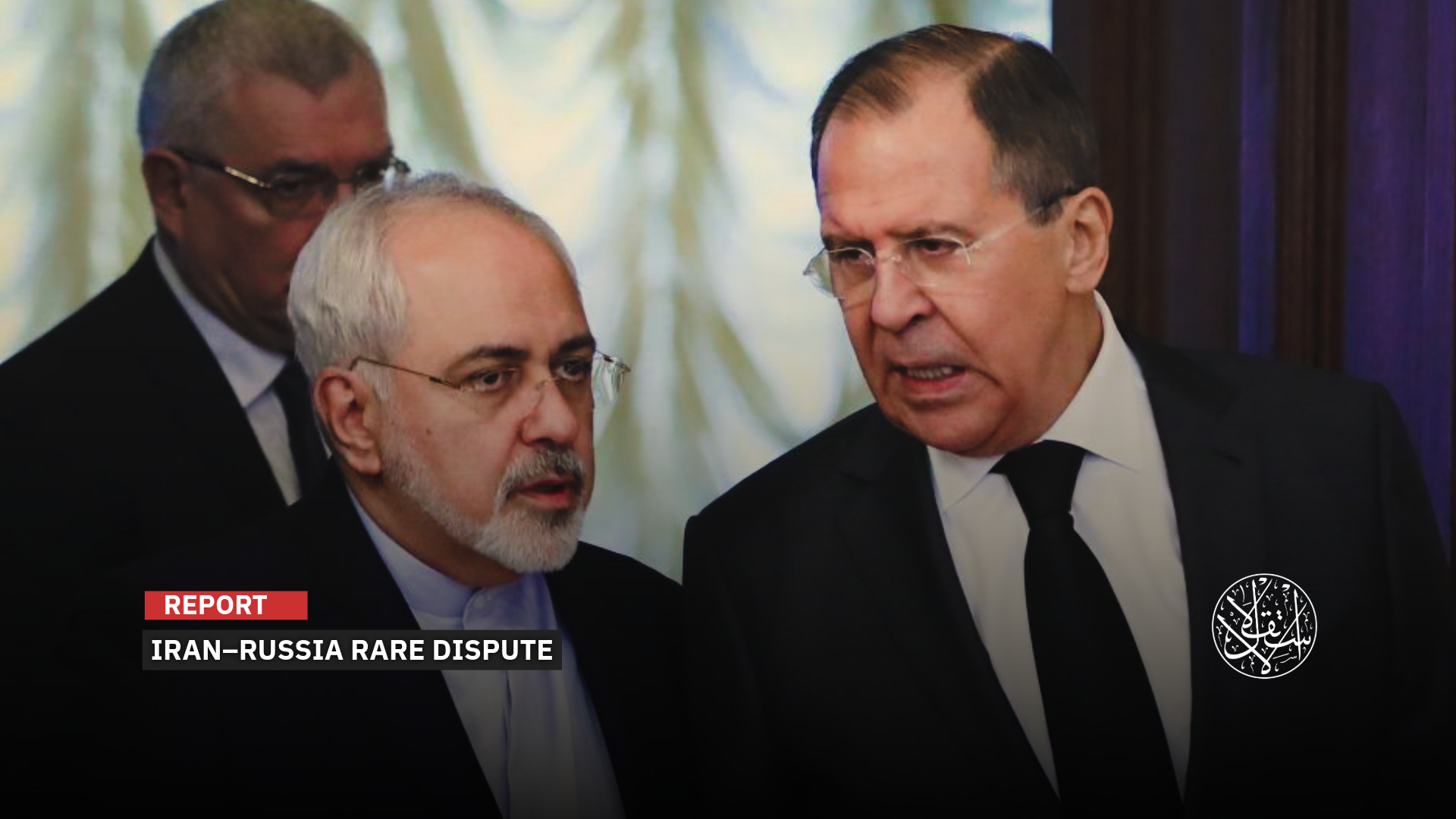
Lavrov accused Zarif of being the one who included the snapback mechanism in the nuclear deal with the West.
Tensions have escalated between Moscow and Tehran after Russia’s Sergey Lavrov and former Iranian diplomat Mohammad Javad Zarif traded accusations over the snapback mechanism, described as the “legal trap” in the 2015 Iran nuclear deal.
The long-forgotten issue has resurfaced amid renewed Western pressure on Iran and the reactivation of the mechanism that reinstated UN sanctions on Tehran.
Its revival has reignited questions about who was responsible for inserting the clause into the agreement and what role Russia played in it.
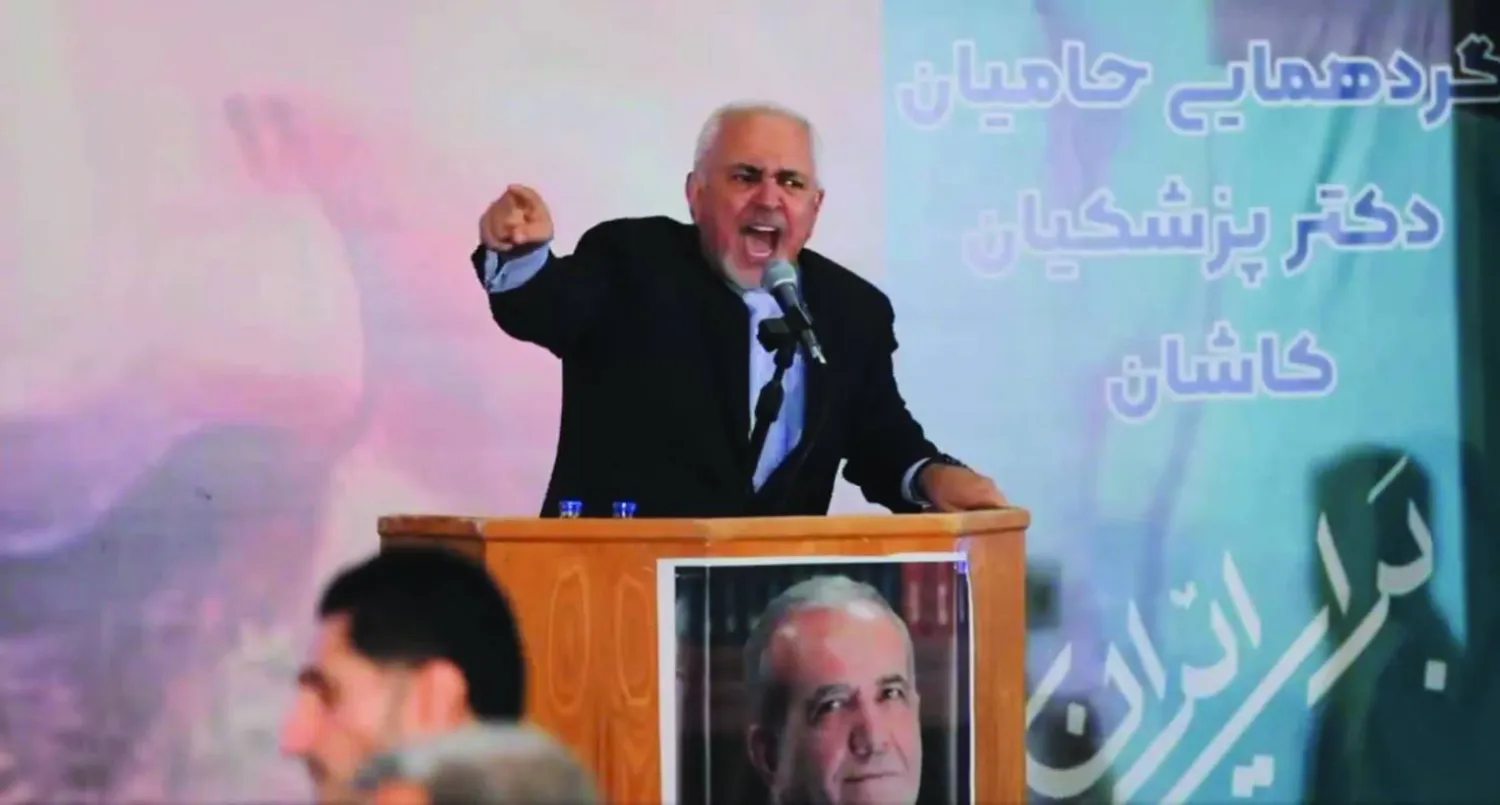
The Sanctions Trap
The controversy began on October 14, 2025, when Russia’s Sergey Lavrov described the snapback mechanism as a legal trap that Iran had fallen into, expressing surprise that Tehran had agreed to include it in the nuclear deal.
Lavrov claimed the clause was a direct result of an understanding between Mohammad Javad Zarif and then–U.S. Secretary of State John Kerry during the final stage of negotiations, arguing that it was designed to make it easier to reimpose sanctions on Iran.
In response, former Iranian vice president and foreign minister Mohammad Javad Zarif rejected Lavrov’s statements as “inaccurate,” saying that Russian and French proposals during the talks had actually worked against Iran’s interests, according to the Iranian news agency IRNA on October 17.
“Not only was the snapback not for the final days of the negotiations, but it was also not dedicated to the discussions between me and U.S. Secretary of State John Kerry,” Zarif said.
“Not only was the snapback not intended for the final days of the negotiations, but it was also not limited to my discussions with John Kerry, the U.S. Secretary of State. Mr. Lavrov and the French presented a proposal regarding the status of past UN Security Council resolutions against Iran, which was very bad, and we made a lot of efforts to set that proposal aside.”
That same day, former foreign minister Ali Akbar Salehi backed Lavrov’s version, rejecting Zarif’s claims. Salehi, who headed Iran’s Atomic Energy Organization when the 2015 nuclear deal was signed, said Moscow had in fact opposed including the clause from the start.
“I remember Mr. Lavrov raising an objection in one of the meetings, saying, ‘This clause takes away our veto power,’” Salehi recalled in a video interview released on October 17.
“The Americans wanted the deal to include a snapback provision so that, if they ever judged we weren’t meeting our commitments, a sword would always hang over our heads.” He described the clause as “a clever American move” that effectively stripped the five permanent Security Council members of their veto power.
On September 28, 2025, Germany, France, and the United Kingdom announced the reactivation of UN sanctions on Iran after a 30-day grace period expired, citing Tehran’s failure to comply with its nuclear obligations.
The E3 urged Iran to resume talks with the United States, allow International Atomic Energy Agency inspectors access to its nuclear sites, and hand over its enriched uranium to Washington. Tehran agreed to the first two demands but refused the third.
The snapback mechanism remains one of the most contentious provisions of the 2015 nuclear agreement, allowing any participant to unilaterally trigger the reinstatement of UN sanctions if Iran violates its commitments, without requiring a new Security Council vote.
Experts view the clause as a legal loophole within the deal, one that Western powers have leveraged in recent years to justify the return of sanctions following the U.S. withdrawal from the accord in 2018.
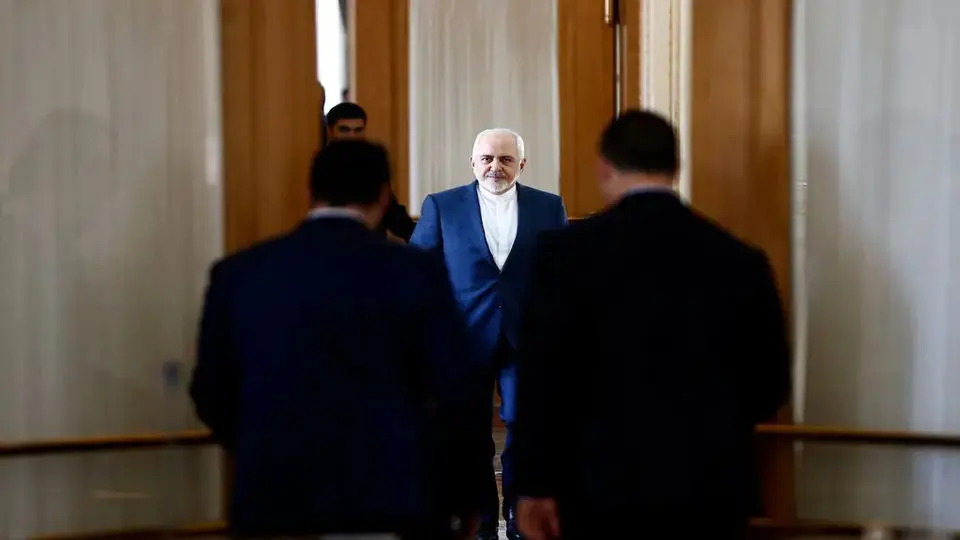
A Functional Role
Commenting on the rare public dispute between Moscow and Tehran over the snapback mechanism, Iranian affairs analyst Mostafa al-Nuaimi said Iran continues to stall and even embarrasses those trying to help it reach understandings through international frameworks.
Speaking to Al-Estiklal, al-Nuaimi predicted that Russia might eventually abandon its role as mediator if Iran persists in gradually backing away from those understandings.
“Moscow has neither the time nor the bandwidth to deal with the Iranian crisis,” he said, “as it is already entangled in complex confrontations with the West and trying to minimize its own losses.”
He explained that Tehran’s priorities differ from Moscow’s, and therefore, “we’re likely to see more Russian statements reflecting frustration and reluctance to continue acting as mediator, given Iran’s noncompliance with the nuclear negotiation process and its ongoing related activities.”
According to al-Nuaimi, the exchange of accusations between Russia and Iran stems from the international pressure both face, as well as from numerous pending deals between them, notably the fighter jets Tehran was supposed to receive in stages.
“Iran is still banking on exchanging one-way Shahed-136 attack drones for Russian warplanes, but Moscow has since suspended the arrangement,” al-Nuaimi added.
“Russia’s hesitation also reflects fears of further Western pressure, particularly the prospect of increased military aid to Ukraine amid the ongoing war that began on February 21, 2022.”
He interpreted Zarif’s remarks as part of a consistent Iranian strategy aimed at buying time—with one track of escalation led by Supreme Leader Ali Khamenei and another diplomatic one under President Masoud Pezeshkian. Through these parallel approaches, Tehran seeks to confuse and stall the international system.
Al-Nuaimi concluded that Zarif’s path remains fully aligned with Khamenei’s will, describing it as a “functional role” assigned to him, meant to project an image of Iran’s seriousness about its nuclear program while shifting the blame for stalled progress onto the International Atomic Energy Agency.
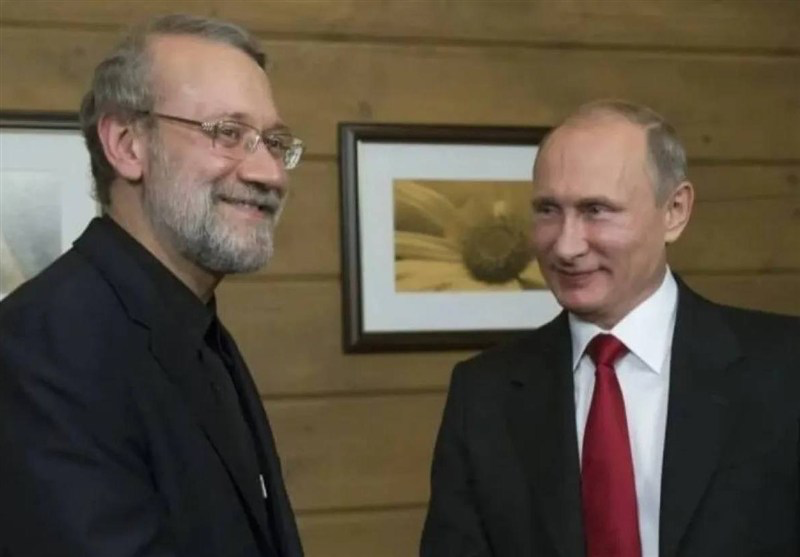
Internal Backlash
Inside Iran, local media quickly seized on Zarif’s remarks, accusing him of straining relations with Russia. The controversy came just as Supreme National Security Council Secretary Ali Larijani paid a one-day visit to Moscow on October 16, where he met President Vladimir Putin.
In a column published on October 18 in the conservative daily Siasat-e Rooz, writer Mohammad Safari argued that Zarif’s accusations contradicted the statements of former Iranian officials and that his own past denials of the mechanism’s existence raised questions about his motives and the impact of his comments on the Iranian-Russian alliance.
The Javan newspaper, affiliated with Iran’s Islamic Revolutionary Guard Corps, warned on October 17 that such disputes threaten national unity at a time when Tehran needs to consolidate its ranks and strengthen strategic partnerships to face mounting Western pressure. It added that the core issue was no longer about who was right, Zarif or Lavrov, but about national interests being traded between “Western sympathizers and Russia’s admirers.”
Similarly, the semi-official Iranian Students’ News Agency (ISNA) published a scathing opinion piece by Mehdi Ali on October 18, arguing that the return of attention to the controversial snapback clause had exposed the “nuclear deal scandal” within Iranian diplomacy. Instead of taking responsibility, Zarif had resorted to blame-shifting.
The agency criticized Zarif for once hailing the Joint Comprehensive Plan of Action (JCPOA) as a “diplomatic victory” and a “win-win deal,” only to turn on Moscow once the snapback mechanism was reactivated and his misjudgments became evident. It described him as a “former top diplomat trapped in the JCPOA’s pitfalls, who refused to acknowledge mistakes and now seeks to deflect blame.”
Zarif, the report added, exemplifies the Western-leaning politician who once denied the existence of a sanctions snapback in the nuclear deal, yet now faces revelations from Sergey Lavrov showing he not only misunderstood the clause but also helped bring it about.
The paper noted that regardless of the details surrounding the snapback clause and Russia’s role in the 2015 deal, the negotiations at the time were built on compromise, and Moscow, like others, was pursuing its own interests.
The reformist daily Arman-e Melli viewed Larijani’s visit to Moscow as an effort to reinforce Tehran’s strategic partnership with Russia and deliver a message from the Supreme Leader, while also potentially opening indirect communication channels with Washington through Russian mediation amid rapidly shifting regional and global dynamics.
Meanwhile, Setareh-e Sobh columnist Yadollah Eslami criticized Iran’s transformation from a negotiating party to “a topic of negotiation” between the United States and Russia, arguing that Tehran has become a bargaining chip in others’ power games. Overcoming this crisis, he wrote, requires moving beyond ideology, putting national interests first, reviving diplomatic initiative, and ending the country’s international isolation.
On the conservative side, Quds newspaper quoted Russian affairs expert Hamid Hakim as saying that Tehran refuses to be merely a card in the global power game and demands a balanced partnership that protects its strategic interests and contributes to regional stability.
Sources
- Zarif: Lavrov says the snapback is wrong, saying that not having a peaceful relationship with the world is a red line for Russia for Iran!
- Zarif Accuses Lavrov of “Distorting the Truth”: Russia Doesn’t Want Calm Relations Between Iran and the World [Arabic]
- Former Head of Iran’s Atomic Energy Organization Backs Lavrov, Blames Zarif for the “Snapback Mechanism” [Arabic]
- Zarif’s Accusations Against Russia, Political Illusions, the Suffocating Crisis, and the Hijab Watchroom [Arabic]
- Upside-Down Diplomacy: Zarif’s Scandal and Avoiding Historical Responsibility [Arabic]
- Larijani Meets Putin in Moscow, Delivers Message from Iran’s Supreme Leader [Arabic]
- Snapback Mechanism: Could It Ignite a Europe-Driven Confrontation Between Tehran and Washington? [Arabic]





